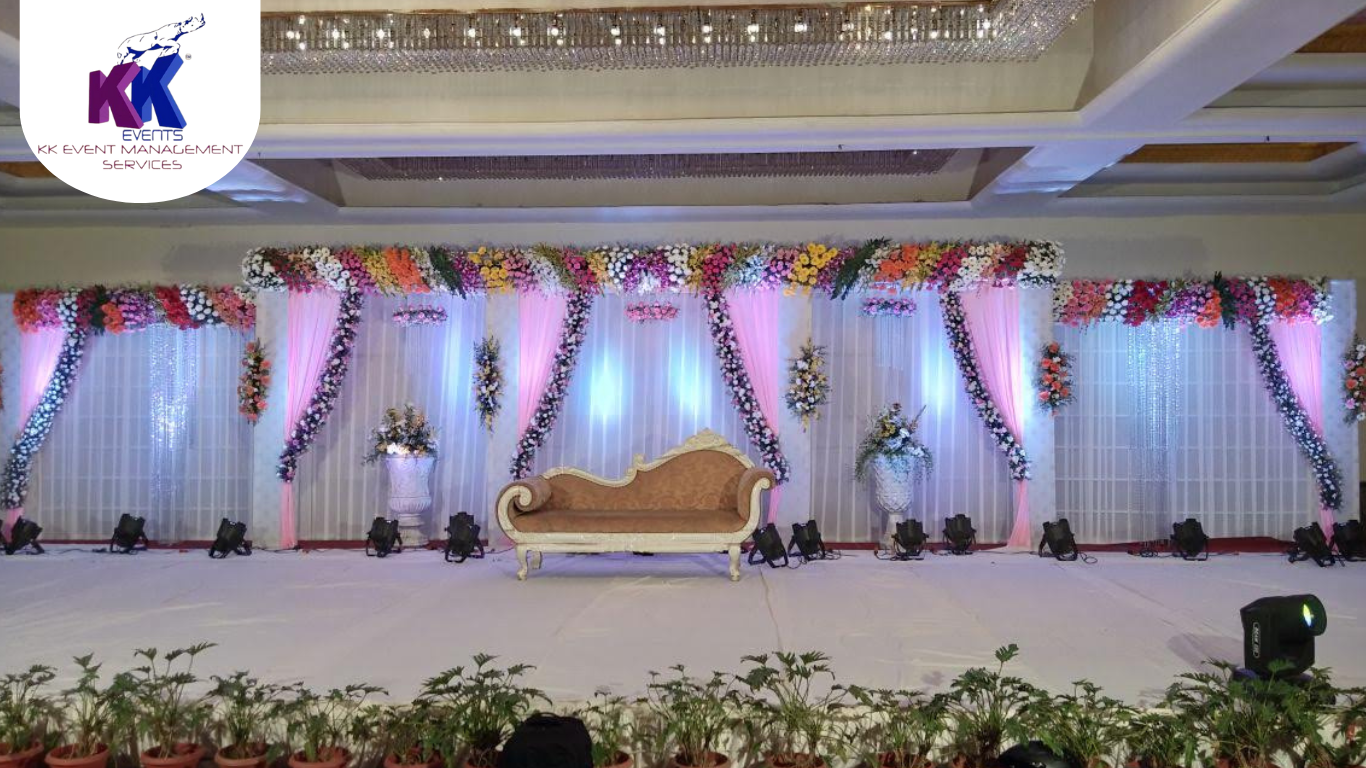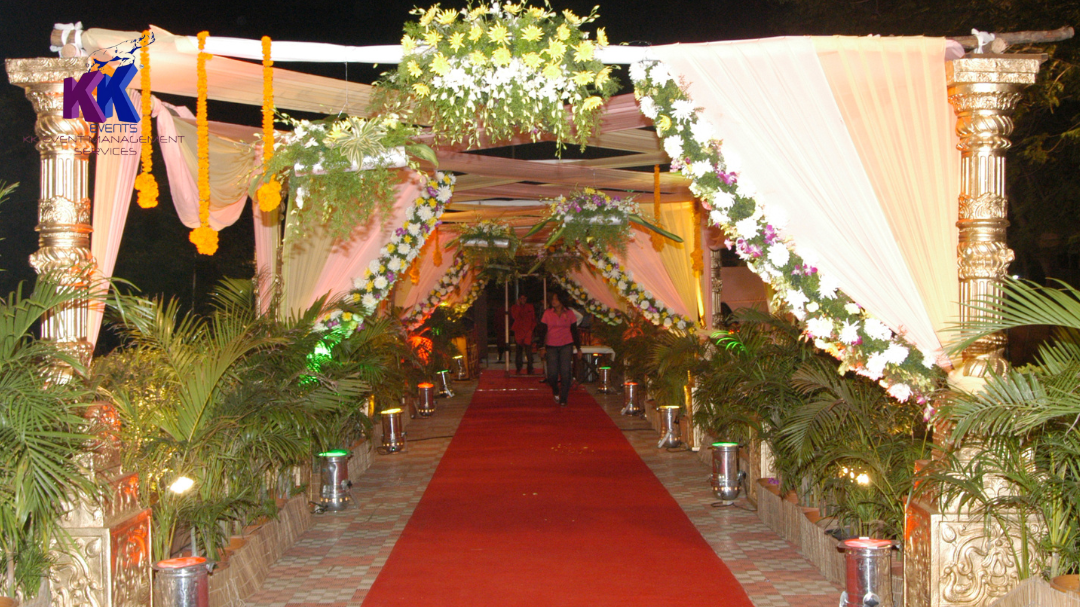Planning a wedding is an exciting but often overwhelming process, and one of the most challenging tasks is creating a wedding budget. Without a clear plan, expenses can quickly spiral out of control, turning what should be a joyful time into a stressful one. But with a well-thought-out wedding budget, you can ensure that your big day is both beautiful and financially manageable.
In this guide, we’ll walk you through the steps to create a wedding budget that works, keeping your spending on track while ensuring that your special day is everything you’ve dreamed of.
The first step in creating a wedding budget is determining how much you can afford to spend in total. This will depend on a variety of factors, including:
Once you’ve taken these factors into account, set a realistic budget that reflects your financial situation. It’s important to be honest about how much you can afford to spend without putting yourself into debt.
Leave room in your budget for unexpected expenses. Weddings often come with surprises, such as last-minute changes or forgotten items. A 10-15% contingency fund can help cover these costs without blowing your budget.
After determining your total budget, the next step is to break it down into specific categories. Here’s a rough guide for how much of your budget should be allocated to each area:
These percentages can vary based on your priorities. For example, if photography is more important to you than flowers, you can adjust accordingly.
Decide which aspects of your wedding are most important to you and allocate more of your budget to those areas. If having a lavish venue is a top priority, you may want to spend less on other items like favors or transportation.
Before locking in your budget for each category, do some research to get an idea of what things cost in your area. Prices for wedding venues, catering, and other services can vary widely depending on the location, season, and type of wedding you’re planning.
By having a general idea of what things cost, you can set a realistic budget for each category.
Once you’ve broken down your budget and started researching, it’s important to track all your expenses in real time. This will help you stay organized and ensure that you don’t go over budget.
Make sure to note when deposits are due and when final payments are required. This will help you stay on top of your cash flow and avoid any surprises as the wedding day approaches.
When selecting vendors, it’s important to get multiple quotes for each service to ensure you’re getting the best value for your money. Whether it’s a florist, caterer, or photographer, don’t settle for the first price you’re quoted. By comparing prices, you can often negotiate a better deal or find more affordable options.
The size of your guest list is one of the biggest factors in determining your overall wedding cost. More guests mean a larger venue, more food and drinks, and more expenses overall. If you’re looking to cut costs, trimming your guest list is an effective way to do so without sacrificing the quality of your event.
The date and time of your wedding can have a significant impact on your budget. Weddings held on Saturdays, during peak seasons (spring and summer), or in the evening tend to be more expensive. If you’re looking to save money, consider getting married on a weekday, during the off-season, or in the morning or afternoon.
Another way to save money on your wedding is by handling some of the details yourself. While you may not want to DIY your entire wedding, there are certain aspects where you can cut costs without compromising on quality.
While DIY can save money, it can also be time-consuming and stressful. Be realistic about how much you can take on without feeling overwhelmed.
Wedding budgets often go overboard because of hidden or unexpected costs that weren’t accounted for in the original plan. Be mindful of the following additional expenses that could sneak up on you:
Throughout the planning process, it’s essential to review your budget regularly and make adjustments as needed. If you end up spending more in one area, you may need to cut back in another to stay within your overall budget. Regularly checking in on your spending will ensure that you’re staying on track and not going overboard.
Wedding planning can be unpredictable, and unexpected costs are almost inevitable. By being flexible and willing to adjust your budget, you can avoid stress and enjoy the planning process.
Creating a wedding budget that works doesn’t have to be stressful. By following these steps and keeping your priorities in mind, you can plan a beautiful wedding without financial strain. Remember, your wedding is about celebrating love and commitment with the people you care about most—so focus on what truly matters, and your special day will be perfect no matter the budget!
Happy planning!



Privacy Policy | Terms & Conditions | Cancellation & Refund Policy | Disclaimer Policy


